BMW can be credited with creating the sports saloon category 35 years ago when it dropped the motor from its M1 supercar into a four-door saloon. To celebrate the arrival of the very first generation, today BMW released the M5 Edition 35 Years.
This new derivative is based on the current M5 Competition and will be limited to 350 units globally. Initial reports suggest that none of these will go on sale in South Africa.
Click here to view the upcoming BMW M8.
Exclusive touches
BMW has applied a coat of matt-finish Frozen Dark Grey II metallic from the company’s Individual catalogue to differentiate this from other M5s. A set of 20-inch M light alloy wheels in Y spoke design, finished in Graphite Grey, were created exclusively for the M5 Edition 35 Years. Judging from the images it seems as though they are wrapped in semi-slick rubber. If you think you’re ever likely to head to a track then carbon-ceramic brakes are an option.
Click here to read about the upcoming BMW M3’s engine info.
The cabin features full soft-touch Merino leather also from BMW Individual, in black and beige. A treatment referred to as “aluminium carbon structure gold anodised” is used for the trim around the facia and console. 35 Years badging has been inscribed on the facia. “M5 Edition 35 Jahre 1/350” denote the cars exclusivity on the step sills as the doors are opened.
Read our BMW M5 launch report here.
Twin-turbo V8
The BMW M5 Edition 35 Years is is powered by the same 4,4-litre twin-turbocharged V8 found in other M5 models. In this derivative power is rated at a supercar-rivaling 460 kW with peak torque of 750 N.m. As usual, power is sent through an eight-speed automatic transmission and into BMW’s M xDrive all-wheel-drive system. For those who aren’t aware, the system includes a rear-wheel drive only mode, if you are that brave.
Click here to watch the BMW M5 Competition drag race the Mercedes-AMG E63 S.
Using launch control functionality and all-wheel-drive traction off the line the M5 Edition 35 Years can cover the standing start 100 km/h sprint in a scant 3,3 seconds, with 0-200 km/h coming up in just 10,8.

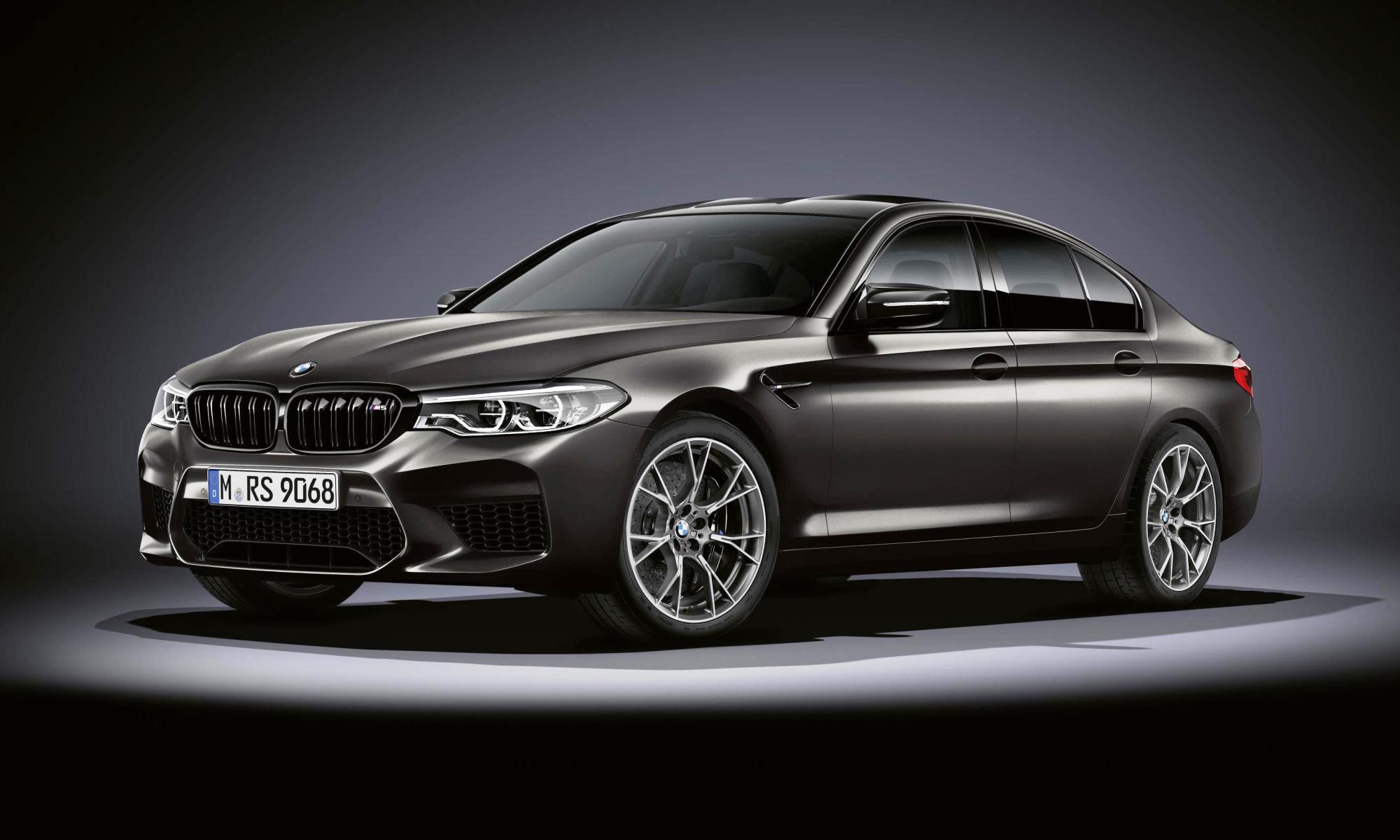
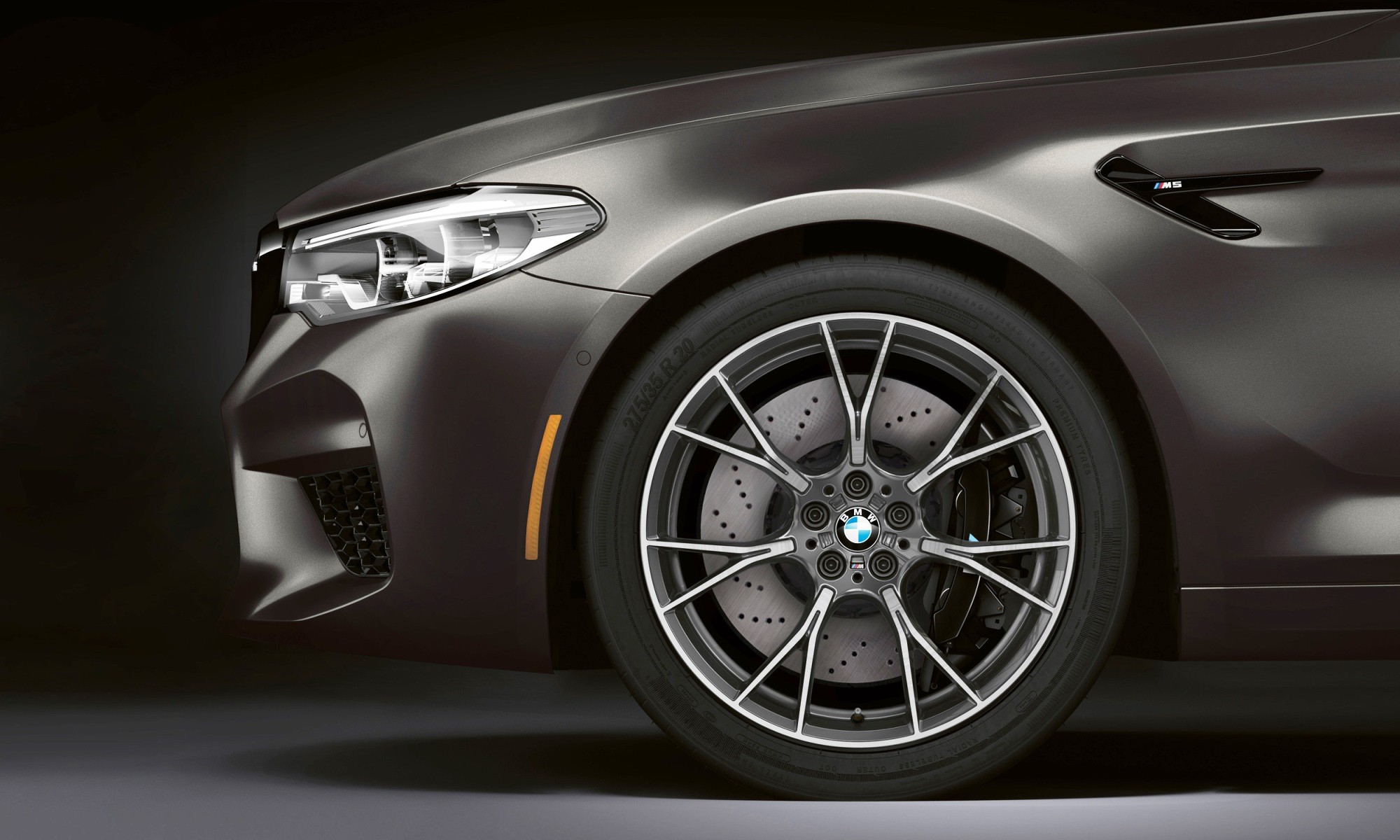
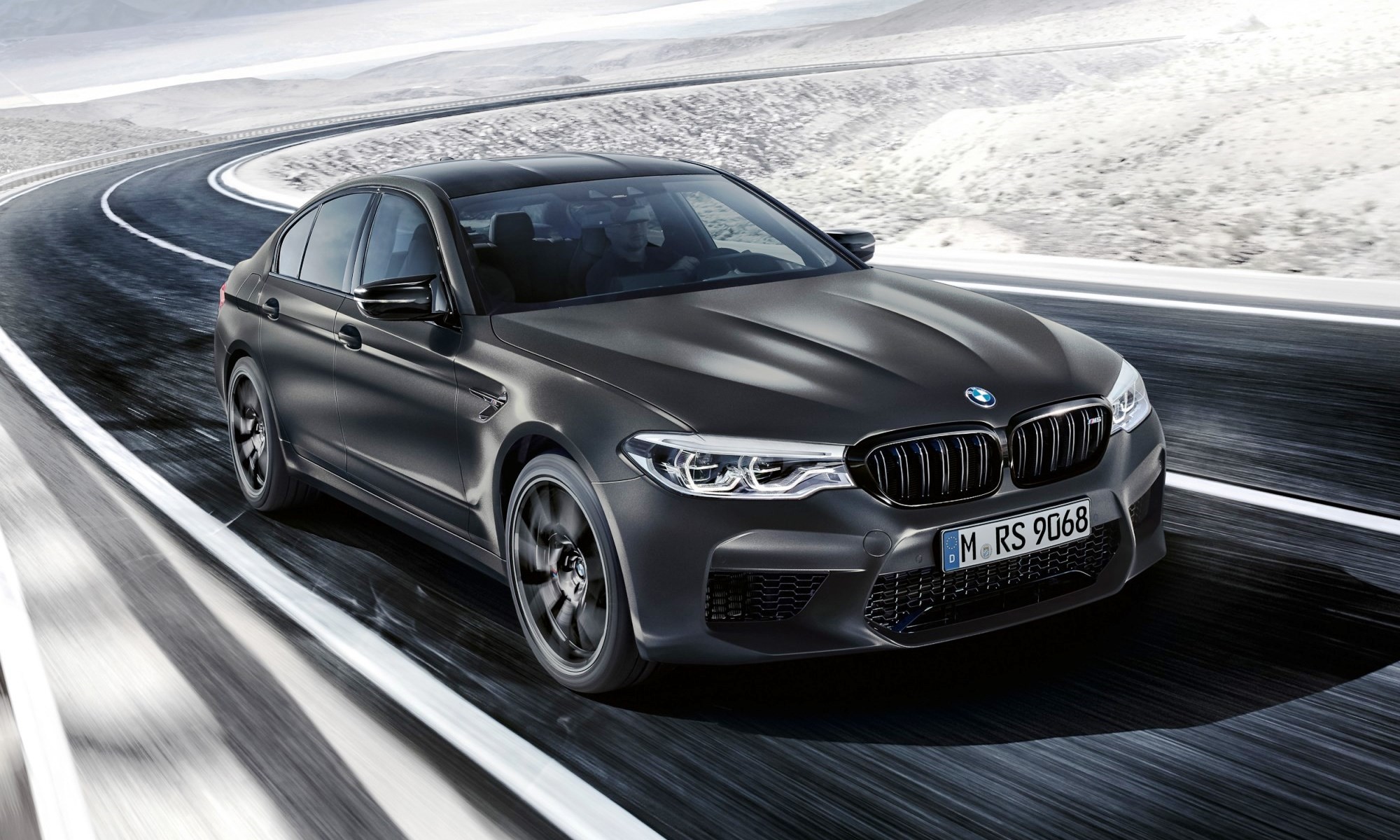
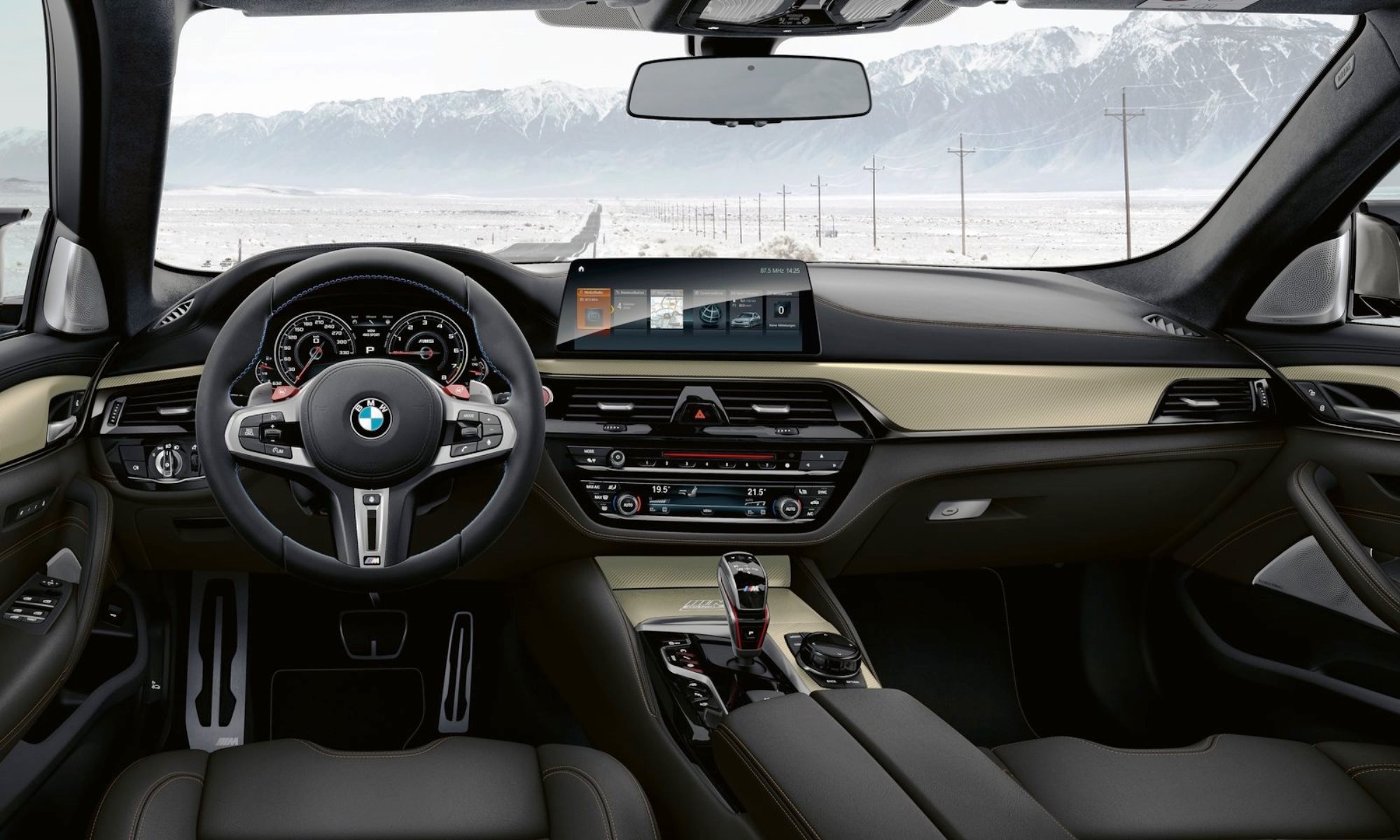
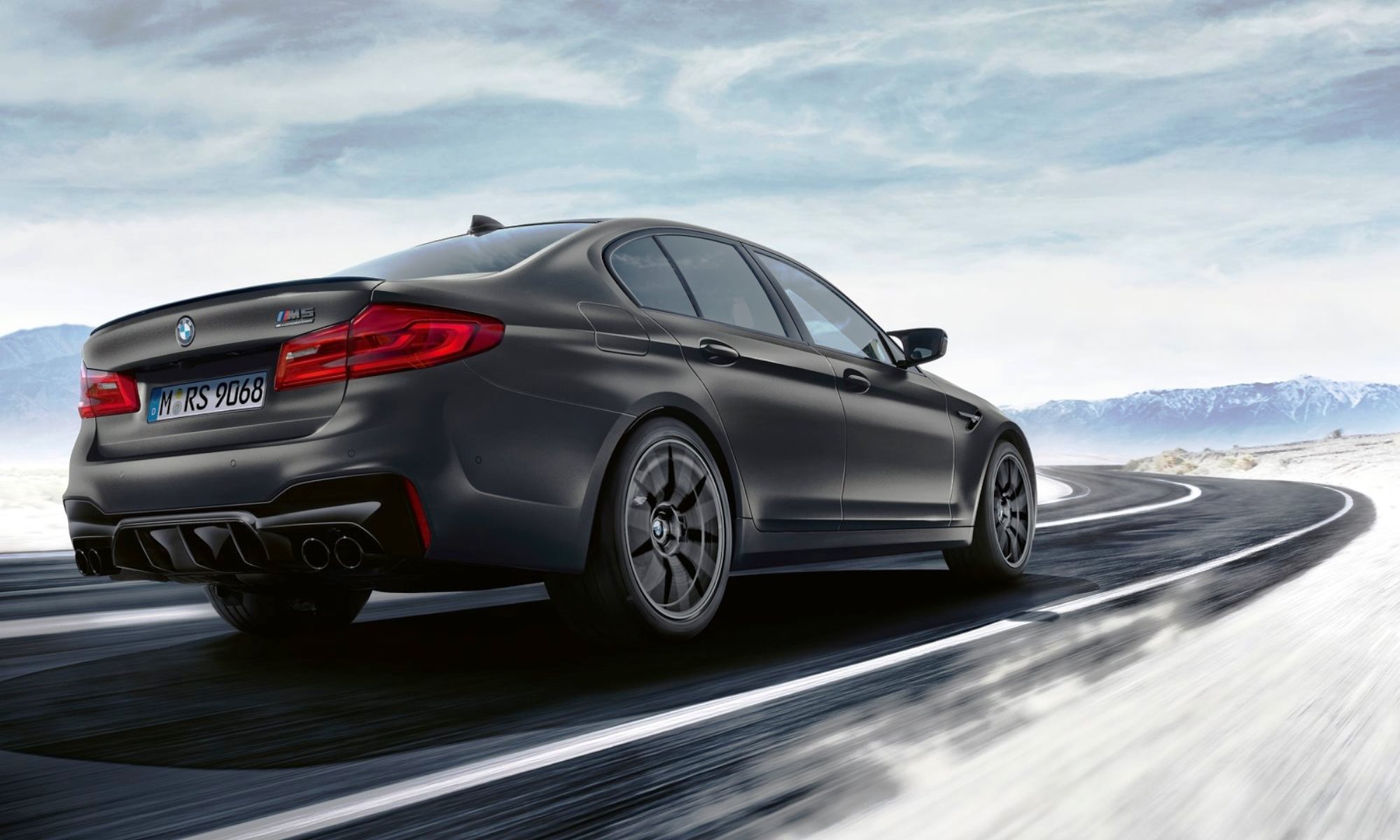
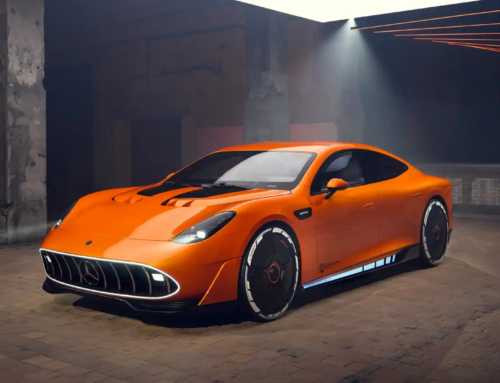
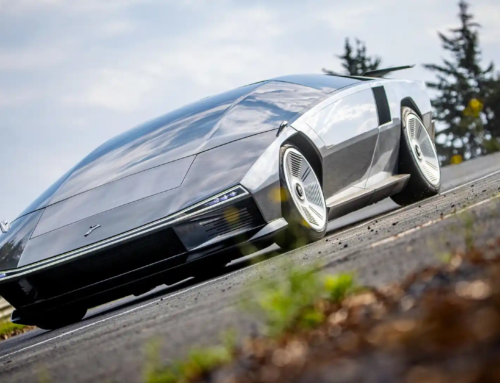
![Chevrolet Corvette ZR1X: An American Hypercar [w/video]](https://doubleapex.co.za/wp-content/uploads/2025/06/Corvette-ZR1X-with-aero-kit-500x383.webp)
![2025 FIA WEC 24 Hours of Le Mans: Race Report and Ramblings [w/video]](https://doubleapex.co.za/wp-content/uploads/2025/06/2025-FIA-WEC-24-Hours-of-Le-Mans-start-500x383.webp)
Leave A Comment